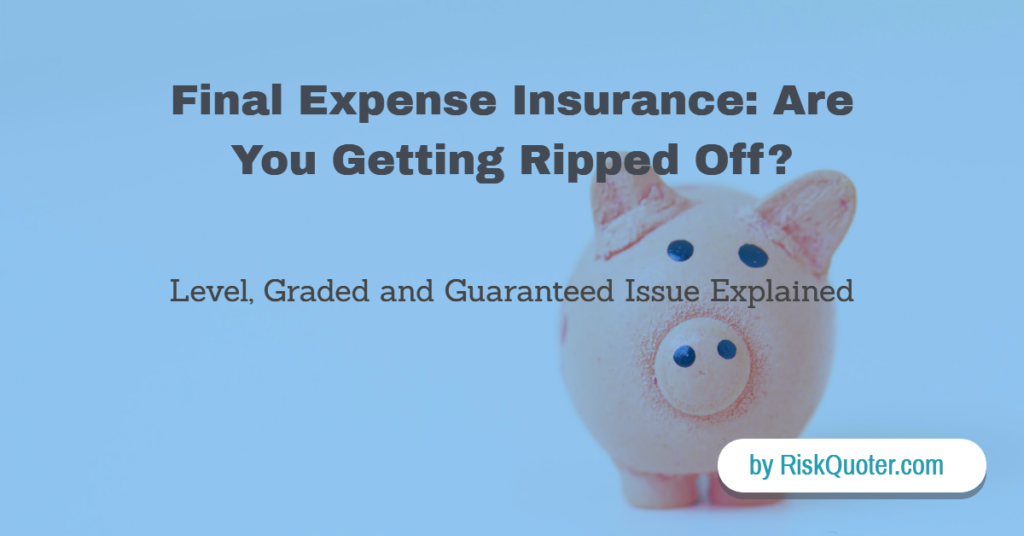You made a great decision to get coverage, but don’t overlook the importance of choosing the right life insurance beneficiary.
After wading through the various types of life insurance available, you now have to carefully choose your life insurance beneficiary.
Understanding Life Insurance Beneficiaries
Choosing the right beneficiary for your life insurance policy is one of the most important decisions in planning your legacy. Selecting your primary and contingent beneficiaries ensures your wishes are fulfilled.
The fact that you are taking matters into your own hands is a great first step and far better than relying on GoFundMe life insurance.
What is a life insurance beneficiary?
A beneficiary is a person, trust, or entity designated to receive the life insurance death benefit when the insured dies. Understanding both primary and contingent designations is essential, as each plays a unique role.
Who gets to choose the beneficiary?
As the policy owner, you control who receives the life insurance benefit. You will choose your primary and contingent beneficiaries during the application and underwriting process.
If you’re unsure how to designate these, our Life Insurance 101 guide is a great place to start.
Unless an irrevocable designation or a court order (ex. divorce) restricts changes, you may alter your primary or contingent beneficiary at any time. Whether you buy term life insurance or whole life, the process remains the same.
Just as important as choosing your beneficiaries is to ensure you get the right amount of life insurance and set up how the death benefit proceeds get paid out.
Primary Beneficiary
What is a primary beneficiary? Primary beneficiaries are the first in line to receive the death proceeds. Commonly, spouses name each other as the primary beneficiaries, and their children as contingent beneficiaries.
Key points about primary beneficiaries:
- You may designate multiple primary beneficiaries.
- You can assign specific percentages of the death benefit (i.e. 50/50, 60/40, etc.).
- A trust may be your primary beneficiary.
- You can change the primary beneficiaries unless the designation is irrevocable.
What happens if you name a minor as your primary beneficiary?
If your primary beneficiary is a minor, creating a trust or appointing an adult to manage the funds is wise to avoid probate delays. Otherwise, the court will appoint a representative to handle the proceeds until the child reaches adulthood.
A Quick Note – If you bought a graded benefit life insurance or guaranteed issue policy, let your beneficiary know about the graded benefit in the first few years.
Contingent Beneficiary
What is a contingent beneficiary? Contingent beneficiaries only receive the death benefit proceeds if the primary beneficiary predeceases the insured. Naming contingent beneficiaries is crucial due to laws like the Uniform Simultaneous Death Act which addresses situations where the insured and primary beneficiary die simultaneously.
- Primary vs Contingent Beneficiaries – Primary beneficiaries receive proceeds first, while contingent beneficiaries are second in line.
- You may change your beneficiary designations unless an irrevocable designation prevents it.
Beneficiary Options
Just about anyone can be a beneficiary, but it’s wise to choose carefully to ensure that the life insurance payout reaches the right people. This applies regardless of the type of policy you choose, such as term, universal, or whole life.
Examples of possible beneficiaries include:
Individuals
Spouses, children, parents, and grandchildren are all common choices. However, choosing a primary or contingent beneficiary depends on what you want to accomplish with the policy.
Standard terms used when designating beneficiaries:
Per Stirpes – “by the branch” is a designation that may be used if you named beneficiaries but also wanted the proceeds to go to the beneficiary’s heirs if the beneficiary died.
Per Capita—”by the person” designation. For example, if you had three beneficiaries on your policy, each would receive 1/3 of the death benefit. If one of the beneficiaries died before the insured, the proceeds would be split between the two surviving beneficiaries.
Another beneficiary designation that is rarely used is a tertiary beneficiary. A tertiary beneficiary could be set up to receive insurance proceeds if your primary and contingent were not alive to receive proceeds.
Trusts
Trusts, including revocable and irrevocable trusts, offer tax advantages and control over life insurance proceeds and are especially beneficial when protecting assets for children or seniors.
A revocable trust allows the grantor to make changes at any time before death, while an irrevocable trust cannot be changed once it is in existence.
Trusts provide tax advantages and better control over life insurance proceeds, especially for larger policies (think $5 million or more).
Irrevocable trusts are often used as the owner and beneficiary for large estates and survivorship life insurance. Additional benefits of trusts as beneficiaries may include greater control over family members, creditor protection, financial management, and more.
Charities
Naming a charity as a life insurance beneficiary is an excellent way to support your favorite cause, often providing a larger impact than a cash donation.
Businesses
Businesses may benefit from life insurance situations like buy-sell agreements or key person policies, as well as SBA loans.
In this case, the policy is collaterally assigned to the lender, giving the lender first rights to the policy proceeds before the primary beneficiary.
Important Considerations
The following are important points to remember about beneficiaries.
Uniform Simultaneous Death Act (USDA)
The Uniform Simultaneous Death Act (USDA) is a law enacted to deal with simultaneous deaths from an inheritance standpoint. If it can’t be established that one person died before the other by 120 hours, the USDA deems that each person predeceased the other.
Why does this matter?
A typical example is when spouses buy life insurance and name each other as the primary beneficiaries of their policies. They also name contingent beneficiaries. If the couple were to die simultaneously in a car accident, the USDA deems that each spouse predeceased the other, and life insurance proceeds get paid to the contingent beneficiaries.
Do Beneficiaries Pay Taxes on Life Insurance?
Most death benefits are tax-free to beneficiaries. However, some cases involving certain business life insurance or estate planning policies may have tax consequences. Consult your lawyer or accountant for tax advice.
Beneficiary Mistakes to Avoid
The good news is that many beneficiary mistakes can be fixed. The policy owner controls the policy and can make changes in most cases to avoid the following:
Naming Minor Children Directly
When you name a minor as a beneficiary, the proceeds are subject to probate, and the court will assign a guardian until the child is an adult. Naming a trust as a beneficiary can help avoid this situation.
Naming Your Estate
Life insurance proceeds are generally received tax-free, but that could change when you name your estate as your life insurance beneficiary. If left to your estate, your policy proceeds will go through the probate process and be subject to court and administrative fees.
Mixing Beneficiaries Across Marriages
Avoid naming your ex-spouse and current spouse on the same policy. Get two policies with the ex-spouse on one policy and your current spouse on the other. The same goes for children from multiple marriages…get separate policies.
Frequently Asked Questions
You have questions about beneficiaries, and we have the answers.
Final Words
Take your time in deciding on your primary and contingent beneficiary. Remember, you can make changes to beneficiaries in the future if you are the policy owner. Naming both a primary and contingent beneficiary for your life insurance policy gives you peace of mind that your loved ones are cared for.
Recent Articles
Are Final Expense Insurance Policies a Ripoff?
Life Insurance With Living Benefits – What You Need to Know
Did you know that life insurance policies with living benefits can pay you before you…






